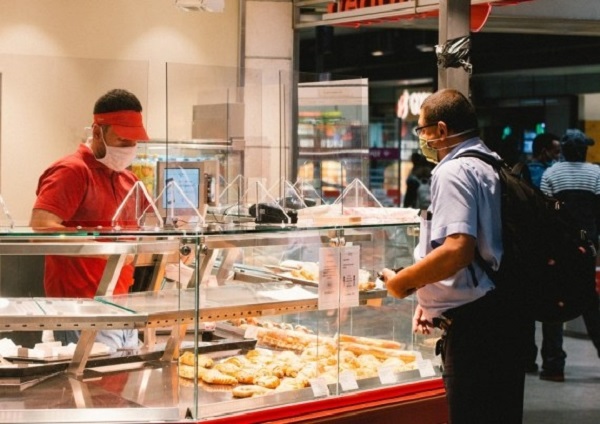Berlin, (Samajweekly) German inflation picked up again slightly to 8.7 per cent in January after declining for two months, the Federal Statistical Office (Destatis) said. Energy and food continued to be the main price drivers.
Despite government relief measures, including a price cap for electricity, natural gas and district heating, overall energy prices in Germany in January were still up 23.1 per cent year-on-year, according to Destatis on Wednesday.
So far, Germany’s government has provided 295 billion euros ($313 billion) for inflation relief packages, according to the Ministry for Economic Affairs and Climate Action (BMWK).
Although the measures to curb inflation are mostly focused on energy, food prices are also driving inflation in Europe’s largest economy, Xinhua news agency reported.
Dairy products and eggs, as well as edible fats and oils, recorded particularly sharp increases and were at least 30 per cent more expensive than a year ago, according to Destatis.
Excluding consumer prices for energy and food, inflation in Germany would have been only 5.6 per cent in January. Other product groups, however, were catching up as the adjusted rate went up 0.4 percentage points since December 2022.
“We are observing price rises for many goods and, to an increasing degree, also for services,” Destatis President Ruth Brand said. Prices for individual services, in particular housing maintenance and repair as well as restaurant services, increased faster than overall inflation.
Last year, the record annual inflation of 7.9 per cent more than offset any nominal wage increases in Germany, leading to a record year-on-year decline in real wages of 4.1 per cent, according to Destatis. (1 euro = 1.06 US dollar)








